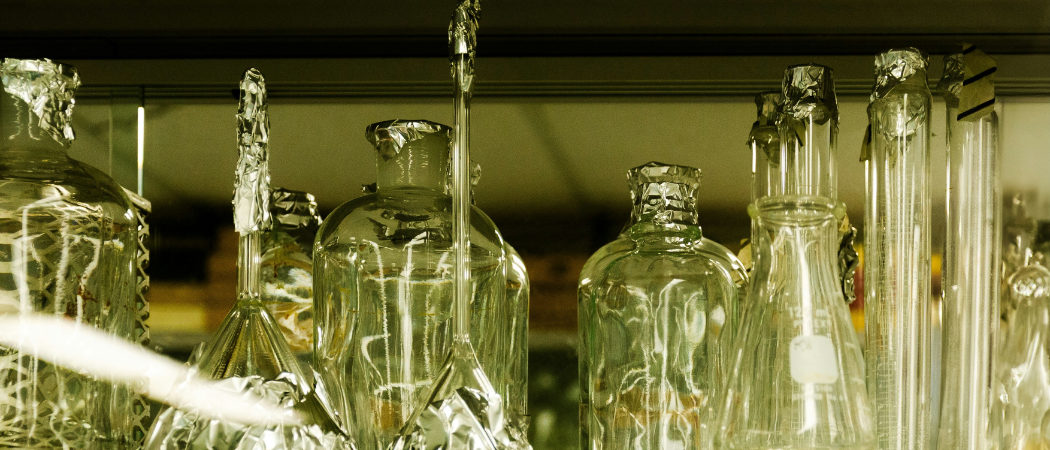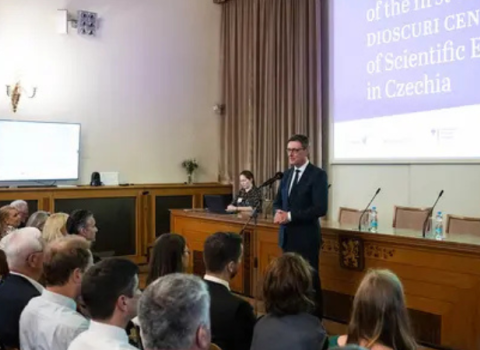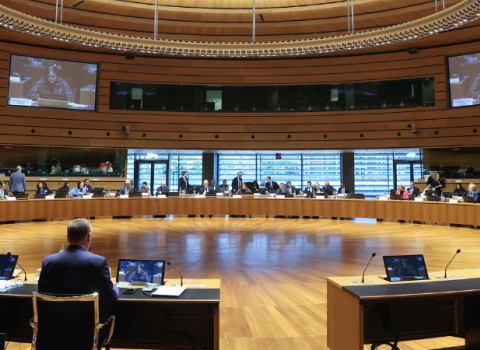Plans for spending on research and innovation in the Widening countries are set out in a leaked work programme for 2026-27

Photo credits: Strelintzki / Unsplash
Measures to support research in the EU’s Widening countries will evolve in the final years of Horizon Europe, while undergoing a slight dip in budget.
According to a leaked draft of the Widening work programme, planned spending will fall from €506 million in 2025 to €452.55 million in 2026, before rising slightly to €457.70 million in 2027.
The plan for 2026 is dominated by Twinning, a measure that aims to stimulate collaboration between research institutions in lagging EU member states and leading counterparts. This will receive the bulk of that year’s budget, a total of €207.50 million.
In 2027, calls for proposals under the European Research Area (ERA) Chairs and ERA Research Managers schemes will be granted €170 million and €60 million respectively. This lines up with the Commission’s stated goal of boosting links between research and innovation players, and attracting experienced research managers to universities and research organisations in Widening nations.
To the same end, the Commission intends in 2026 to start a pilot research management and administrative support facility, which will provide training and consulting services to institutions in the Widening nations.
Elsewhere in the plan, Excellence Hubs should be granted €100 million of Horizon funding in 2027. These are intended to help innovation ecosystems to team up and create better connections between academia, business, government and society.
The Commission has added a several new calls not included in earlier draft plans seen by Science|Business. These will support projects focused on increasing the share of publications in open access, particularly from low-performing states, and on promoting public engagement in research and innovation and scientific literacy to bolster trust in science.
Finally, a consortium coordinated by the Institute of Sociology of the Czech Academy of Sciences will be tasked with supporting gender equality and inclusiveness in the ERA, including stakeholder and citizen engagement.
Cautious welcome
The developments in the latest draft work programme have received a cautious welcome from observers in the research community.
“I was happy to see the research and innovation ecosystem dimension emphasised,” said Pirita Lindholm, head of the European Regions Research and Innovation Network. She singled out the high budget allocated to Excellence Hubs, as well as smaller calls expected to strengthen other aspects of this ecosystem. “These seem somewhat fragmented though, so maybe the descriptions could have been a bit more open or flexible,” she added.
Joanna Kubiak, acting director of the Wielkopolska Region Brussels Office and a member of the European Parliament’s Widening task force, was also pleased about the allocation to Excellence Hubs, which she sees as useful for building better connections between innovation actors in Widening nations.
“Moreover, the consortia are built with partners from Widening countries alone, which is helpful to foster leadership and prepare to participate in calls in other parts of the Framework Programme,” she said.
Related articles
- Horizon Europe review a missed opportunity to assess Widening, task force says
- New Widening tools to target research collaboration and management
Ian Gauci Borda, senior executive at Xjenza Malta, formerly the Malta Council for Science and Technology, was less positive about this part of the programme. He sees the consortium requirements as too restrictive, and dislikes a Commission plan to ask them to find co-financing from 2027. This will be “problematic for such complex consortia to fix pre-submission and during implementation,” he said.
Gauci Borda was also disappointed that project implementation is limited to 12 months, and that the hop-on scheme will be phased out in 2027. This allows researchers in Widening countries to join projects that are already underway.
We think it is important to maintain a public record of how Horizon Europe evolves in successive rounds of drafting between the Commission and member states. This is a political process that, so far, the Commission refuses to make transparent. To this end, Science|Business is making a full history of the drafting process publicly available in our Horizon Papers database. You can share other draft work programmes anonymously at [email protected].





 A unique international forum for public research organisations and companies to connect their external engagement with strategic interests around their R&D system.
A unique international forum for public research organisations and companies to connect their external engagement with strategic interests around their R&D system.